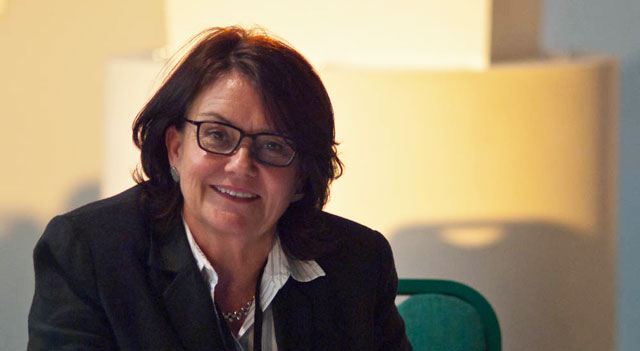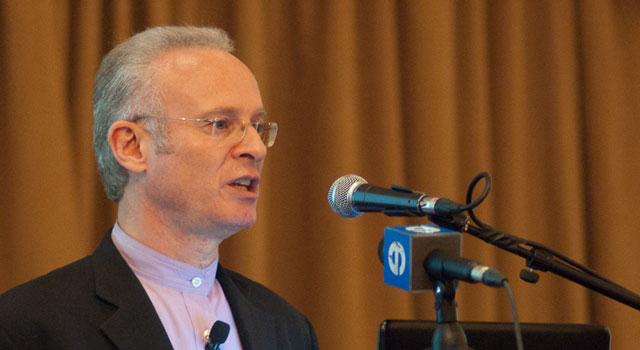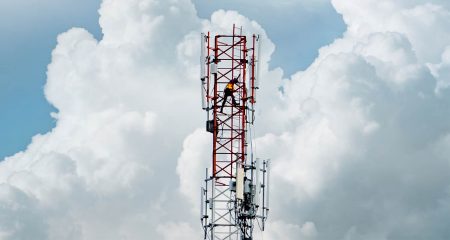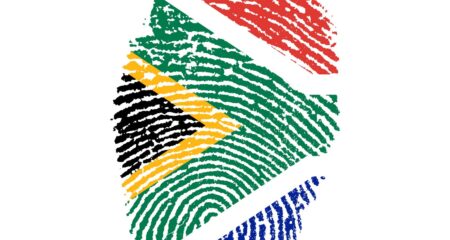
The markets recoiled at news that call termination rates between cellular operators will decrease, seeing it as a boon for consumers and small cellphone operators in particular.
But experts say — citing supporting data — that South African cellphone communication is still too expensive.
Despite research indicating that the rate decrease is unlikely to have a serious impact on the bottom line of the two big operators, Vodacom and MTN, whose profits rose in the past financial year despite a drop from R1,25/minute to 40c/minute in March this year, the markets did not agree.
Financial commentator Alec Hogg estimated that the two companies lost R40bn of their market capitalisation after news broke that telecommunications regulator Icasa plans to reduce the termination rate from 40c/minute to 20c/minute in March next year, to 15c/minute in 2015 and to 10c/minute in 2016.
The two companies face further pressure from Cell C, which has lodged an antitrust complaint with the Competition Commission, accusing them of discriminatory pricing.
Research ICT Africa has found that, although the costs dropped between the first quarter of 2010 and the second quarter of 2013, the cheapest product in South Africa is still 7,5% more expensive than elsewhere in Africa.
This is a concern considering that South Africa is the 28th largest economy in the world and the largest in Africa, according to statistics presented to parliament’s communications portfolio committee.
Alison Gillwald, executive director of Research ICT Africa, says the rate drops should happen sooner if South Africa is to remain competitive.
“Reduction of prices should allow smaller players to bring down their prices and put greater pricing pressure on operators. However, all our research suggests that the rate should move lower more quickly to the 10c to 15c [level], which benchmarking suggests is closer to the cost base level an efficient operator should be at,” she said.
“While dominant operators will be grateful for the adjustment period on the current glide path, South Africa will still be lagging behind African leaders in this regard.”
When it comes to prepaid cellphone costs, South Africa is ranked 23rd out of 40 countries, with call termination rates being considered a large contributor to cellphone costs.
Gillwald said South Africa is not the only country looking at lowering its inter-company cellphone rates. “Kenya, Tanzania, Uganda and Botswana are all reviewing their mobile termination rates.
“After Icasa’s previous reduction from R1,25 to 40c this year and, following the resultant retail pricing reduction, South Africa’s position did improve from 30th to 19th on cheapest product but lost ground on the dominant operator price,” she said.
“The ranking does not, of course, just reflect South Africa’s pricing outcomes but those of others too, who might have done smarter things with better results, like introducing a greater reduction in termination rates to enable competitive pressure from smaller players.”
She said that pricing provides an important barometer of the competition in the market and is a key indicator of policy success.
A low ranking suggests a poor market structure and weak regulation of its uncompetitive results.
The markets reacted instantly to the news that Icasa planned to reduce the mobile termination rate (MTR) — Vodacom’s and MTN’s shares dropped and Telkom’s rose – but Christoph Stork, a senior researcher at Research ICT Africa, said the major players had continued to make healthy profits despite the previous decreases.
“MTN and Vodacom have increased revenue and profits during the last MTR cuts. I believe they will continue to be successful,” he said.

The research found that, despite warnings by large operators about the negative impact of reductions, “MTN’s and Vodacom’s key performance indicators look better than those for previous years.
“In line with their pioneering role and market leadership, they have found new productive revenue steams through growing their data business and their valued-added services.”
According to the companies’ most recent reports, revenue and subscriber numbers increased.
According to Research ICT Africa’s latest report, comparing the cheapest prepaid mobile product available in South Africa with the rest of Africa, it found that the dominant player, Vodacom, was 15,7% more expensive.
On the positive side, the research, which was submitted to Icasa and is based on a complicated measure of price baskets based on Organisation for Economic and Co-operative Development standards, found that only Virgin Mobile did not engage in a price battle in the second quarter of 2013 and has not adjusted its prices since March 2011.
“All other operators have lowered prices or introduced cheaper products. MTN and Vodacom introduced a 2c-per-second billing product, but this was still higher than the cheapest product from Cell C and Telkom Mobile.”
Arthur Goldstuck, an Internet and mobile expert and founder of World Wide Worx, is upbeat about the move to reduce rates.
“Moving from a R1,25 call termination rate to 40c this year saw the average call cost fall from R1,80 to R1. If mobile continues to become more competitive, it could find itself on a par with fixed-line rates.”
This could be the death knell for Telkom, despite optimism over the move benefiting Telkom Mobile.
“There will be less and less need for a fixed line unless you have a business or ADSL because you have to pay a fee each month before even making a call, which you don’t get with mobile,” he said. “Telkom is already seeing a steady decrease in fixed-line demand.” — (c) 2013 Mail & Guardian
- Visit the Mail & Guardian Online, the smart news source




